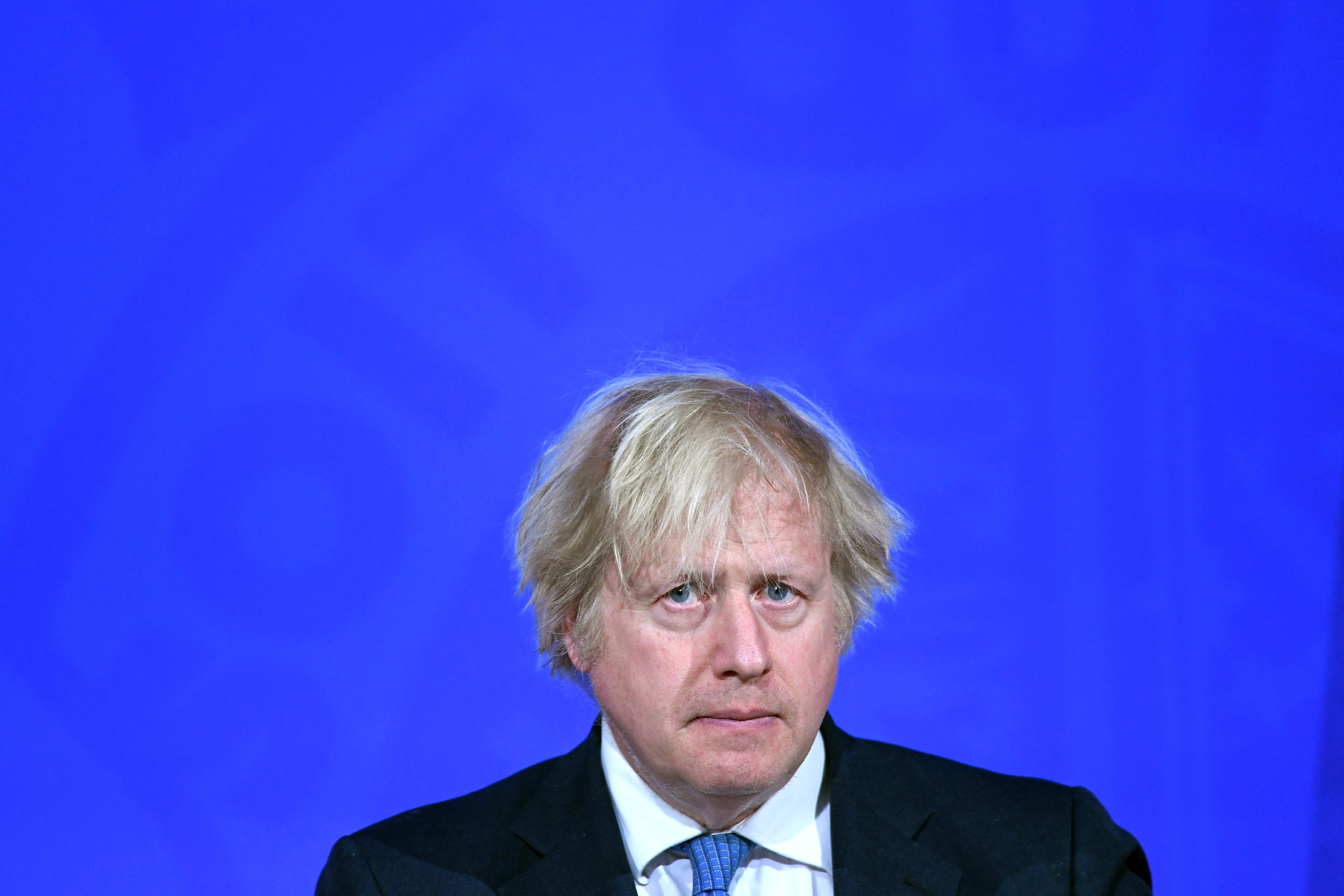Why the postponement of Boris Johnson’s trip to India is bad news
The prime minister may feel that his special brand of charm and personal diplomacy can only yield the required results if it is experienced at convivial close quarters, rather than via a Zoom call, writes Sean O’Grady


It is sometimes reported that Boris Johnson’s preferred method of decision-making is to delay matters for so long that the decision effectively makes itself. Hence the cancellation, or rather postponement, of his trade mission to India. Having no doubt been informed by his own health advisers that India was to be placed on the “red list” for travel restrictions, the prime minister could hardly press on with his trip. He could have called it off days ago, when the extreme seriousness of the situation in India first became clear, but it would have been embarrassing for him and his hosts. Covid intervened. Infection rates are rising rapidly, the vaccination programme is nowhere near complete, hospitals are becoming overwhelmed, and a new variant of the coronavirus, possibly more dangerous, is circulating; and these facts are connected. The questions of why it took the government so long to restrict travel from India, and how long the delay after the official public health advice to that effect was received, remain unanswered.
It is in fact the second time the visit has been postponed, and both were Covid-related. It is also doubly disappointing for the prime minister, who needs a post-Brexit trade deal with a major economy as a totem of the new outward-looking “Global Britain” he has talked about so much. With the likes of China, Russia and Turkey presenting diplomatic difficulties, the Gulf states such as Saudi Arabia offering similar difficulties and talks with America contingent on the Irish Protocol in the Brexit deal, India is about the only suitor left.
When Mr Johnson does manage to meet his counterpart, Narendra Modi, the talks will be difficult. The UK’s relative importance to India in trade in goods and services has declined alarmingly in recent years, despite a welcome transfusion of Indian investment into the British steel industry and Jaguar Land Rover, for example. and it is clear that the UK has the most to gain from a new arrangement with this regional superpower. Sentimentality about tea, cricket and the historic memories (not all happy) shared between the Britain and its former imperial possession will hardly suffice, and there is of course the ever-present risk of a Johnsonian “joke” about the Raj going down badly. When he was foreign secretary he could not resist humming “On the Road to Mandalay” (words by Rudyard Kipling) on an official visit to a Buddhist shrine in Myanmar, formerly (and still in Johnson’s mind) Burma.
The biggest obstacle to a post-Brexit link up with one of the new engines of global growth remains the quota of UK work visas available to Indian citizens, particularly after they have completed study at university. Without some generosity in that respect, the prime minister may as well not show up. We know this because of the abject flop of the similar trade mission led by Theresa May in 2016. May rejected the Indians’ pleas, still sticking to the Conservative pledge on keeping immigration to the tens of thousands she had failed to meet while home secretary. She judged the UK was a welcoming enough host to Indian skilled workers; Modi disagreed; the trade deal didn’t happen. Now that Britain has a points-based migration system, will the Indians be given more visas? No one is saying as much, and it might be a politically loaded move for the Conservatives and their supporters. Cutting immigration was supposed to be one of the results of Brexit, if misguidedly.
Of course there could be a virtual summit, but the British seem to favour a man-to-man approach. As with the Brexit negotiations, the prime minister may feel that his special brand of charm and personal diplomacy can only yield the required results if it is experienced at convivial close quarters, rather than via a Zoom call. A less charitable interpretation would be that Johnson thinks he’ll be able to fool the Indians more easily face to face, even though we now know he actually failed to do so with the Europeans, who liberally deployed their leverage in the Brexit process. If Johnson is the liberal internationalist he claims to be, and is as desperate for a deal as we know him to be, then he will hand over as many visas as the Indians request, even if it is inconsistent with the points system, only to try to redefine and renege on the deal later. He won’t get away with it.



Join our commenting forum
Join thought-provoking conversations, follow other Independent readers and see their replies
Comments